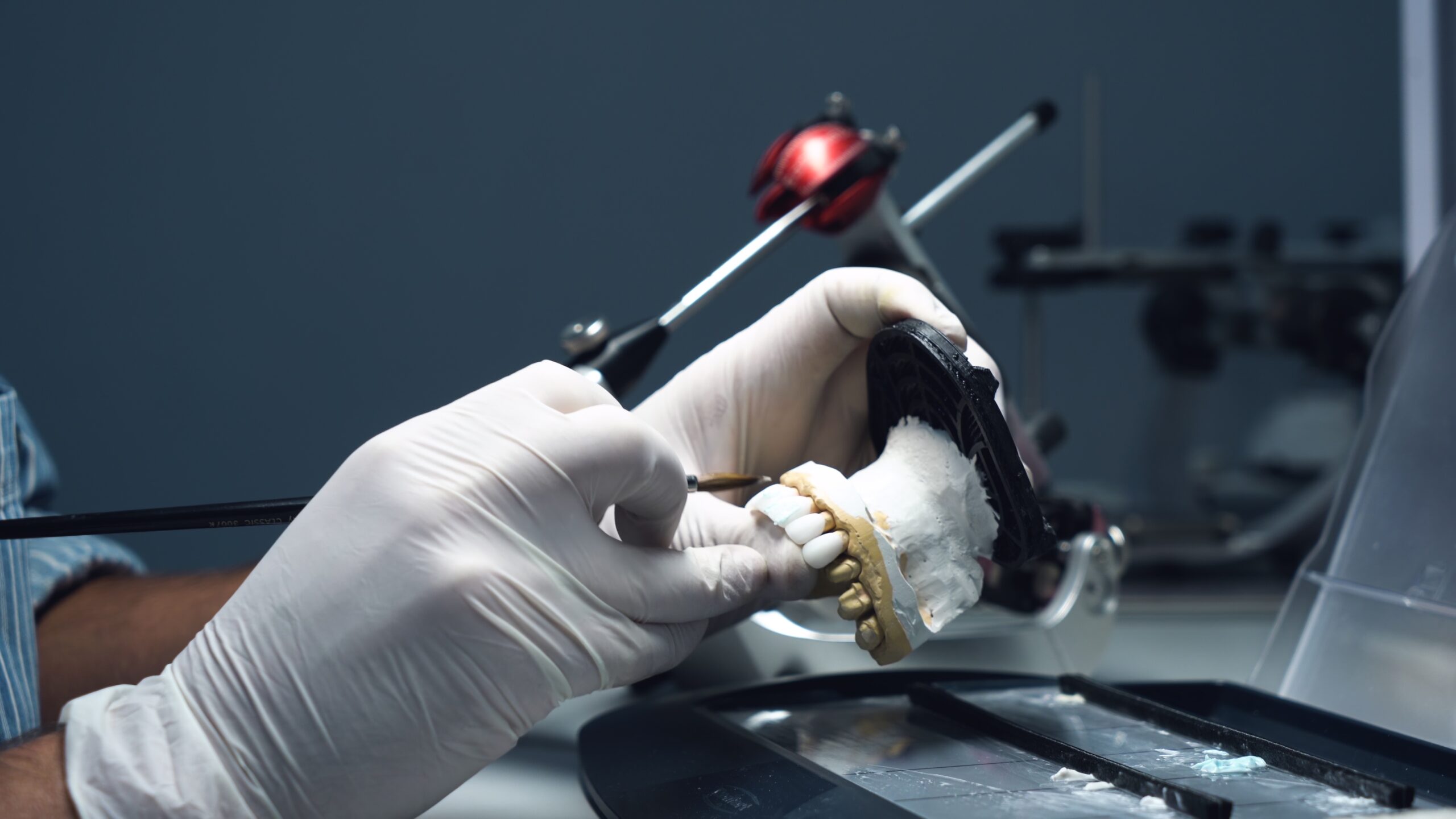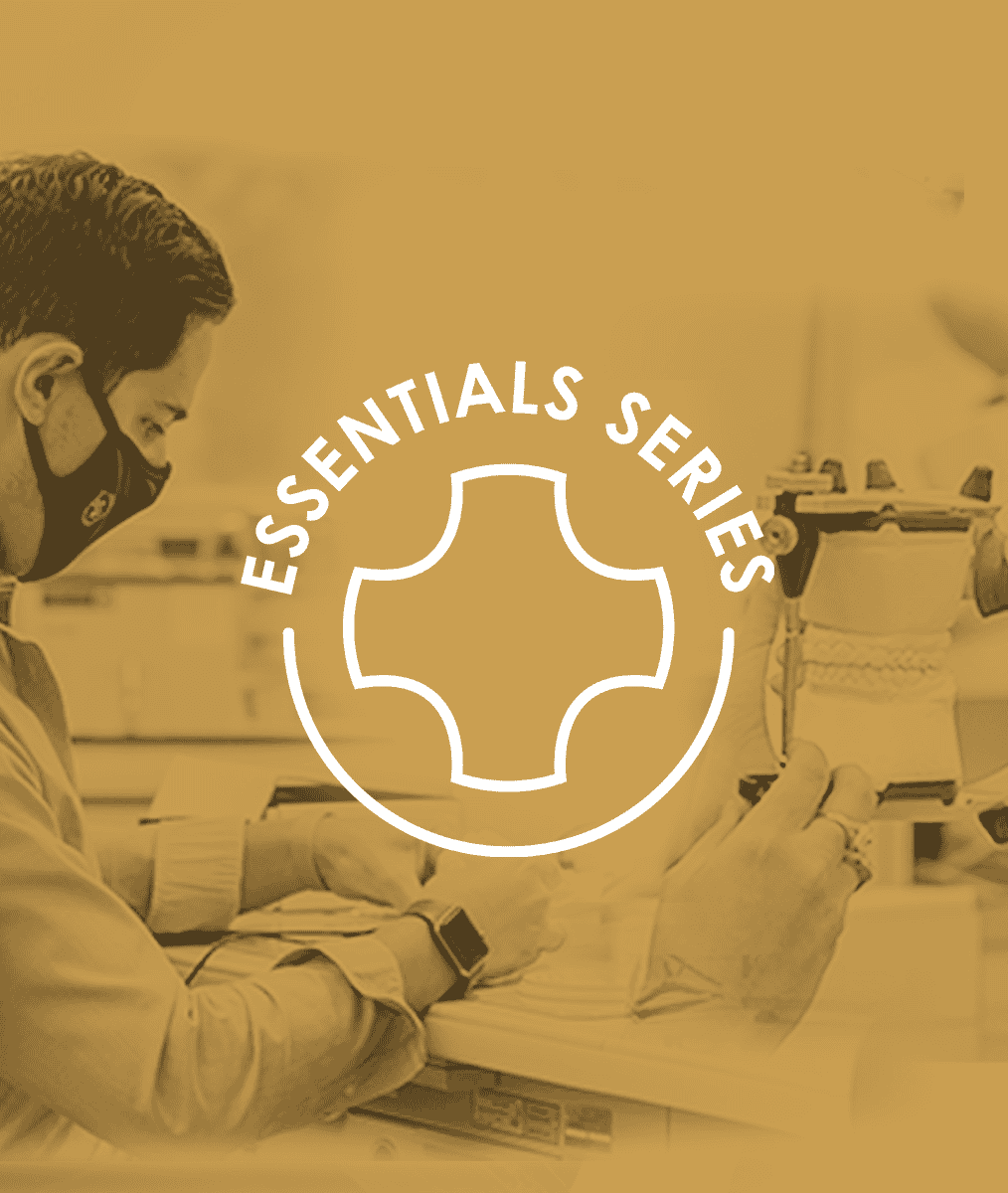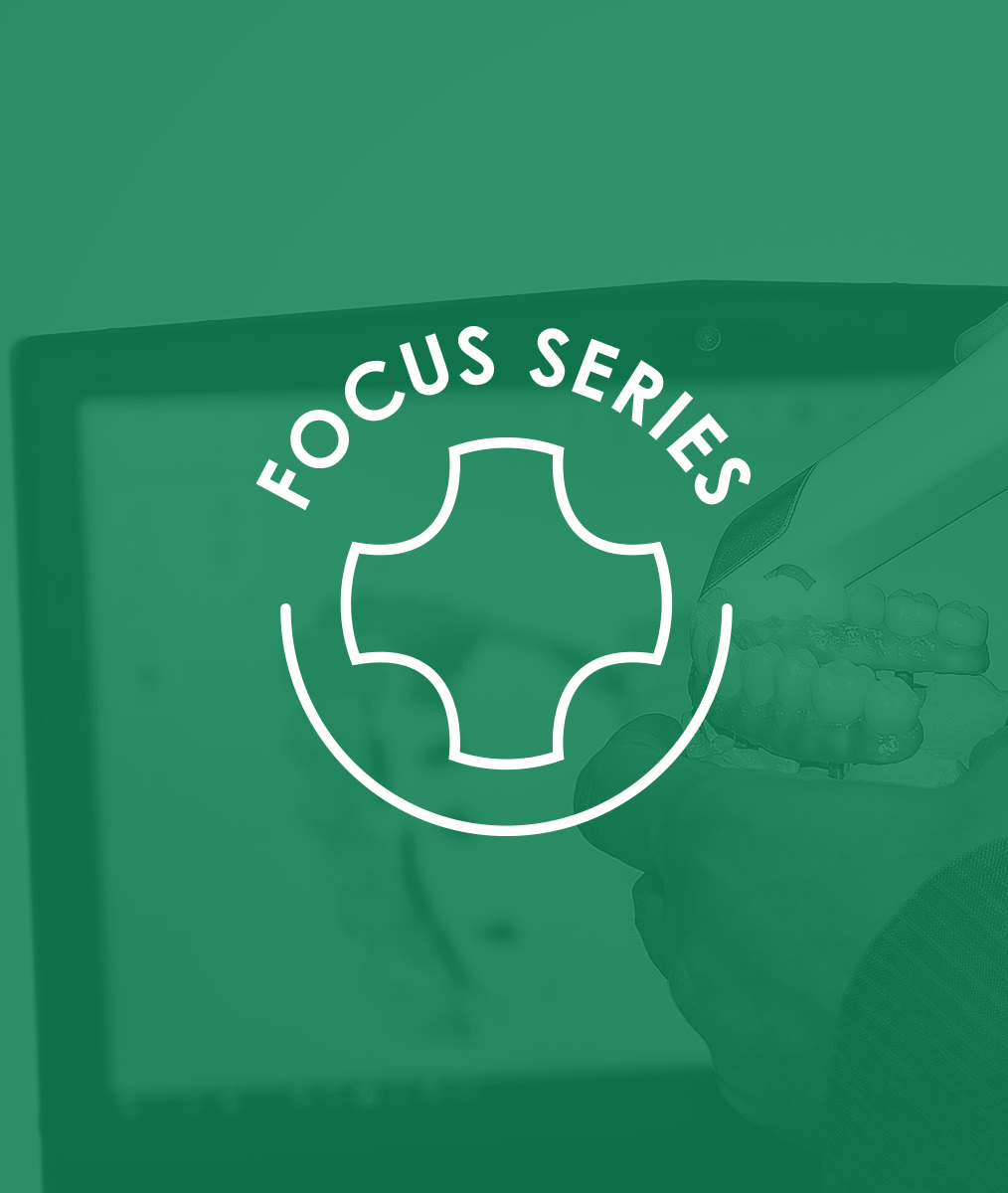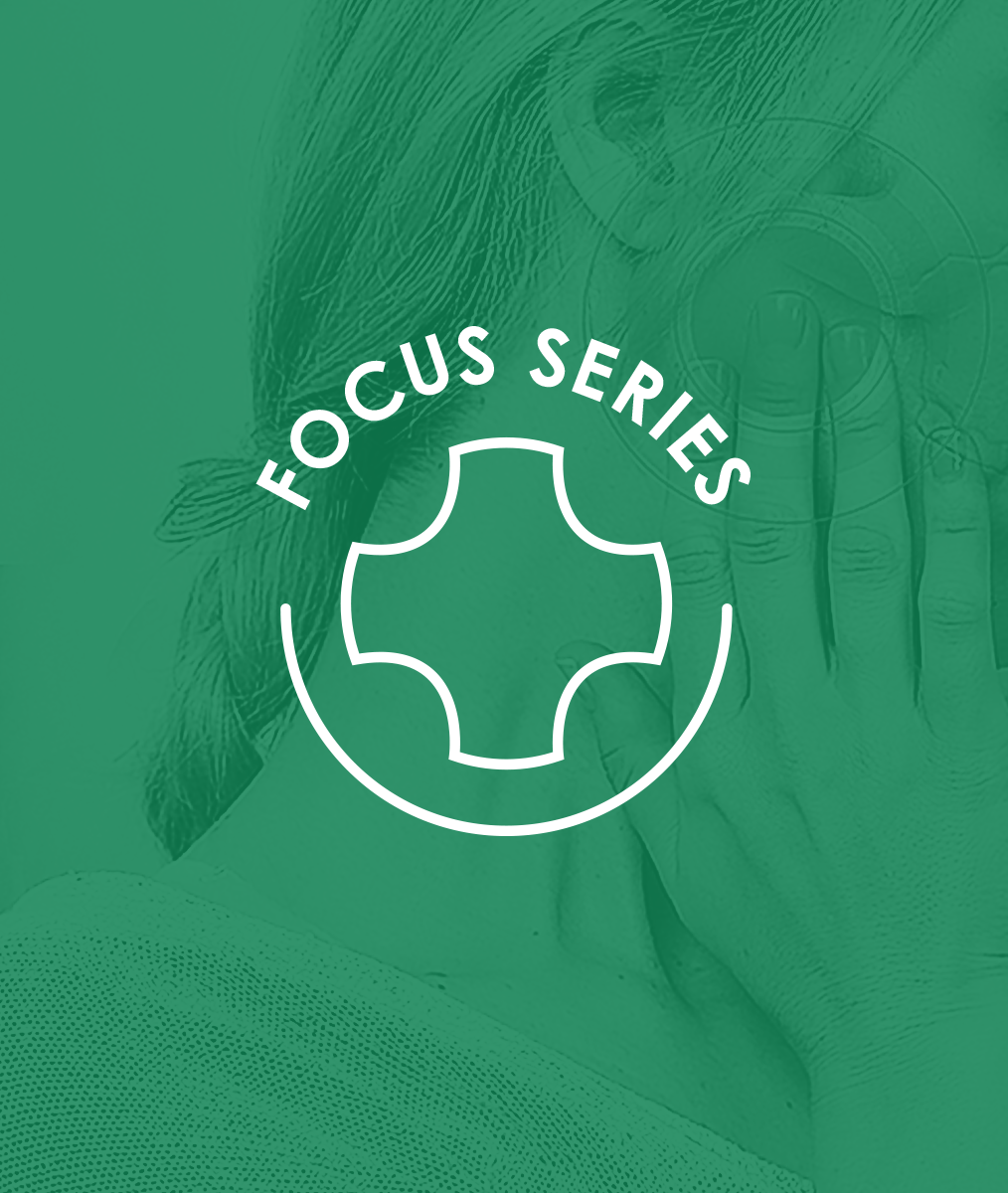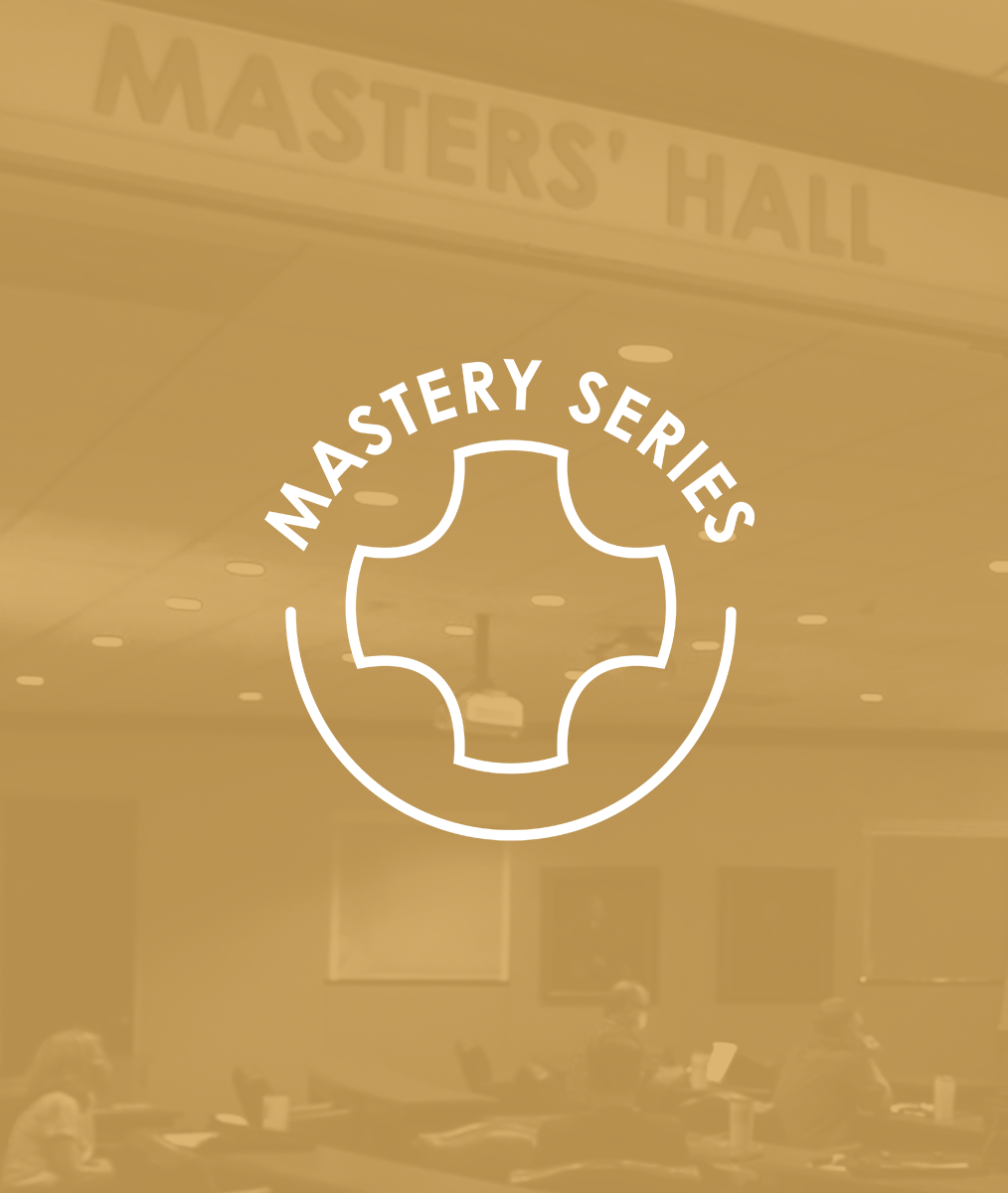Never Forget
When the art and science of dentistry are reduced down to primarily being about production and code mining, its spiritual dimension is easily lost. Spend a few minutes on some dental social media sites, and you will quickly see this truth in black and white.
Dr. L.D. Pankey warned us about this problem.
The key to becoming a truly successful professional isn’t just about mastering the technical skills and endlessly chasing after the siren songs of our materialistic culture. Such narrow pursuits are ultimately hollow and do not represent enough to carry us through life as a fully developed person. And they do not represent enough to carry us through life’s inevitable tragedies and periods of significant suffering.
Creating a habit of connecting with our patients in deeply meaningful ways, helps us to form the emotional antibodies we will need to carry us through the inevitable not-so-good times, the times when all the money and material possessions in the world can’t solve our problem. These are the times when only love, support, and reciprocated empathy can start the process of healing our wounds.
Never forget this central truth.
Chasing after the next new and shiny object may not be the best solution for our challenging situation today. The best solution may very well be sitting right in front of us in the form of a deeply caring patient.
Related Course
E1: Aesthetic & Functional Treatment Planning
DATE: May 16 2024 @ 8:00 am - May 19 2024 @ 2:30 pmLocation: The Pankey Institute
CE HOURS: 39
Dentist Tuition: $ 6500
Single Occupancy Room with Ensuite Bath (Per Night): $ 290
This Course Is Sold Out! Transform your experience of practicing dentistry, increase predictability, profitability and fulfillment. The Essentials Series is the Key, and Aesthetic and Functional Treatment Planning is where your journey…
Learn More>







